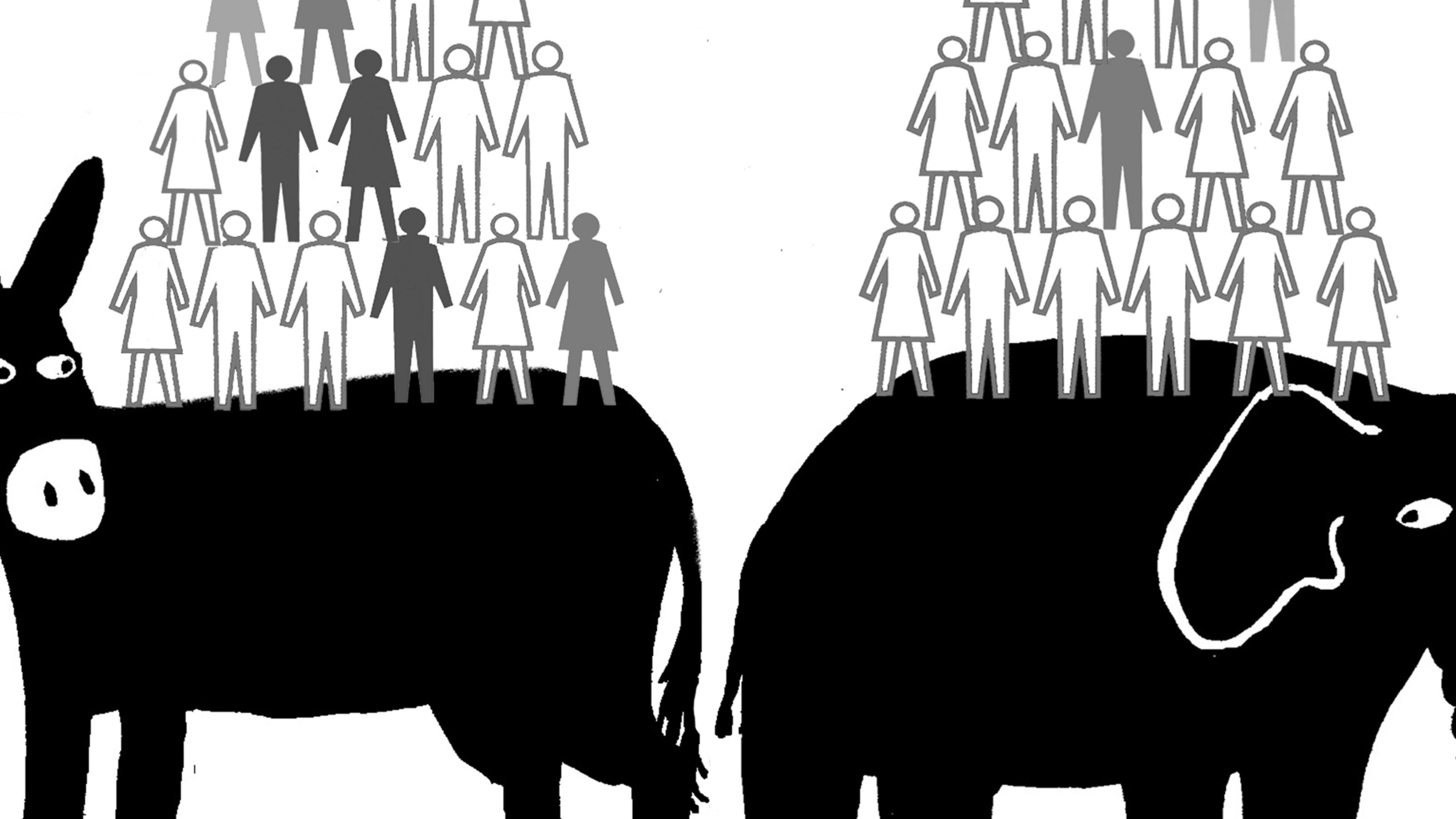Think, then vote

Read. Think. Vote. In that order.
That could be a worthwhile mantra for Georgia’s citizens as the May 20 primary draws nigh.
For it is eligible voters’ obligation — duty even — to journey to the polls in two weeks to make their choices known. This essential task of citizenship is profoundly important because a democracy is only as strong as its participants make it.
And, based on voter turnout, this part of civic participation has much room for improvement. Consider that, in 2012’s July primary election, roughly 1.65 million Georgia voters went to the polls. Then factor in the total pool of 5.22 million registered voters. That means just fewer than 1 in 3 eligible voters cast a ballot. During years without high-profile presidential elections, turnout can be even lower. National data from American University shows that 17.8 percent of voters performed that deed during the 2010 primary elections. That’s less than half the percentage seen during the 1930s.
Those who say voting does not matter should consider, if nothing else, the frequent, close races that force Georgia to hold expensive runoff elections to reach a final decision on who actually won what.
Obligation to state and country demands we do better, in our view. If we don’t, then it is unfair, and ultimately ineffective, for people to grumble about the government they receive by default when they haven’t done their part by voting their earnest conscience. That’s important to remember in today’s fractious, feuding times.
And in a related vein, simple enlightened self-interest should urge more people to the polls. Voting can effect change, as we all know. It also sends a powerful, hard-to-misinterpret message to our elected leaders as to where the mood of the people lies at a given point. Pols and bureaucrats alike need to hear and absorb such sentiments, especially during these days of political gridlock that has too often kept government from efficiently performing even the barest of required basics.
Yes, showing up at polling places in meaningful numbers is essential. Yet, it is not enough.
A high-functioning society also needs its citizens and voters to be well-informed on the matters before us. When that’s not the case, both governance and the general welfare of we the people suffer. It is true that knowledge is power.
At least it is when voters arrive at the polls with well-thought-through ideas and positions derived from due consideration and research.
Routinely doing that used to be in our DNA. It still makes sense because our collective success and future rides to a significant degree on how much we know about the choices facing our society.
Thinking things through and debating ideas and issues with friends, families and neighbors has a long tradition in this free country. So does exploring or testing other points of view. Examining opinions with which you disagree can help hone your bedrock beliefs. Or it might lead you to consider another point of view. The choice is yours, either way.
Which is not to say here that voters should lean this way or that. Far from it. Rather, we simply urge Georgians to spend the coming days conducting their own inquiry on the candidates and the issues they’re bandying about — or seeking to avoid even mentioning.
Read up on the candidates — beyond the glossy pieces that clutter your email or snail-mail inboxes. Consider the sources of the bewildering array of information — and misinformation — that abounds today. Who stands to gain or lose from the outcome? That can help guide thinking minds through all of the spin, verbal body blows and catchy slogans that may fuel heat, but not light. It can also help discern truth and facts amidst all of the innuendo, half-truths and outright falsehoods that assail our senses during election season.
Learn. Think. Act. Attend candidate debates. Review nonpartisan sources such as the online Georgia voters guide offered through a partnership of the League of Women Voters of Georgia and The Atlanta Journal-Constitution. Today’s column by Deputy Managing Editor Charles Gay elsewhere on these pages offers other sources for voting information.
Then make up your mind and vote your conscience. Your yea or nay, taken with that of others, will powerfully guide our town, state and nation into a hopefully better future.

